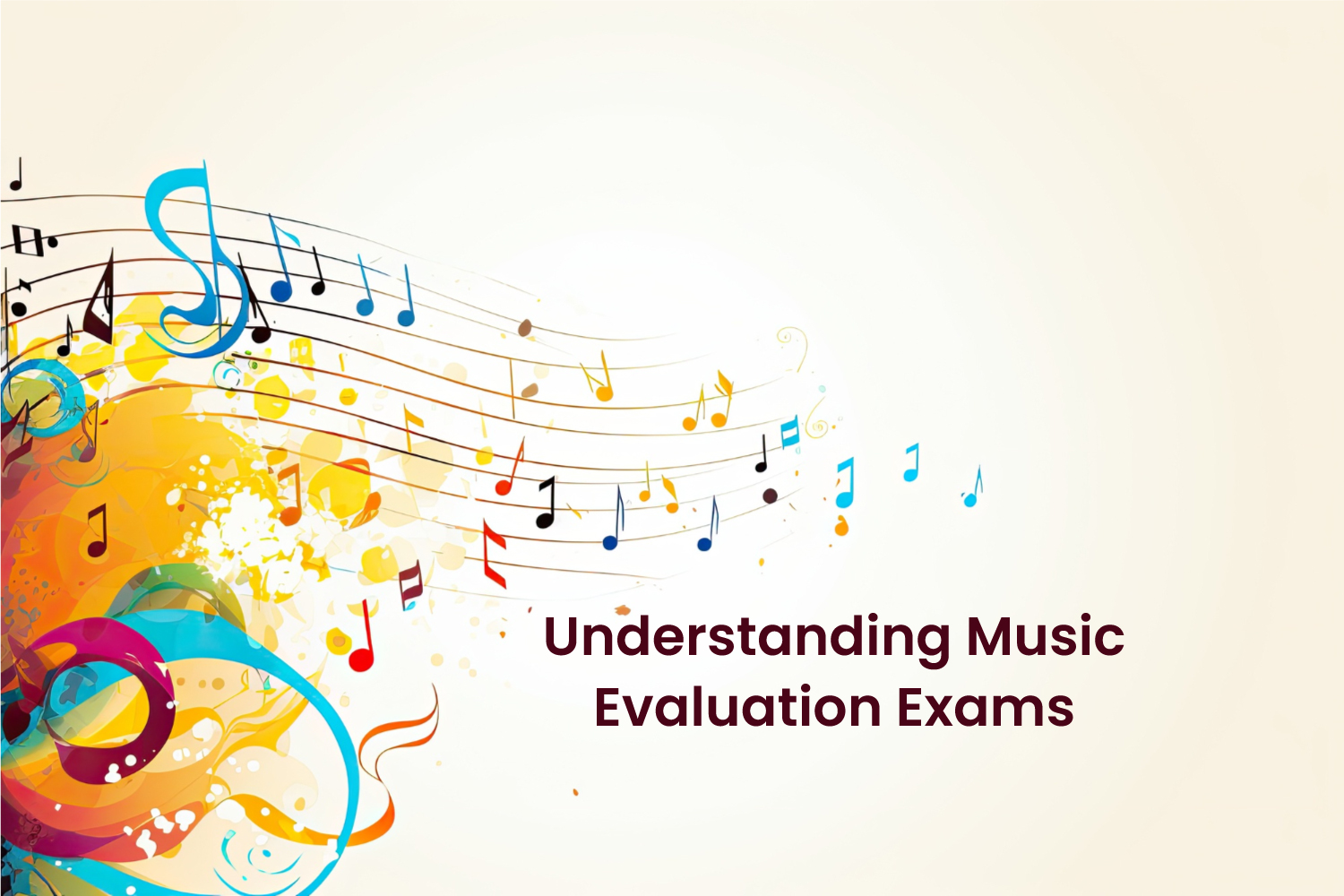Understanding Music Evaluation Exams: A Musician-Parent’s Guide for Music Exams
In the realm of music education, the musical evaluation exams serve as important milestones, akin to stepping stones in your child’s artistic journey. With the right guidance, they become valuable tools that not only measure progress but also contribute to your child’s musical growth.
As parents supporting these aspiring musicians, understanding the significance of music exams and how to navigate them plays a crucial role in fostering a positive and encouraging environment for your child’s musical pursuits. So, let’s embark on this journey together, unraveling the mysteries of music evaluation exams, and empowering you to be an informed and supportive guide for your budding musician.
Exam Requirements:
Understanding the specific criteria and expectations for the music evaluation exams, including the pieces to be prepared, technical elements, aural tests, and any additional requirements.
Exam Timelines:
Being aware of important dates such as exam registration deadlines, exam dates, and result release dates to ensure adequate preparation and participation.
Opportunities for Advancement:
Exploring how successful completion of exams can open doors for further musical opportunities, such as participation in advanced programs, competitions, or access to higher education institutions.
Qualification Recognition:
Knowing how well-recognized and respected the examination board is, both nationally and internationally, as this can impact the value of the qualification in future pursuits in scholarship and university applications.
Feedback and Improvement:
Inquiring about the feedback process post-exam, understanding how constructive feedback is provided, and how it can contribute to the ongoing improvement of the student’s musical skills.
Practical vs. Performance Exams:
Differentiating between practical (in-person) and performance (recorded video) exams, and understanding the requirements and advantages of each format for the student.

UCAS Points (or Equivalent):
If applicable, understanding how the examination results contribute to academic qualifications, especially if the student plans to pursue higher education in the UK.
Exam Preparation Resources:
Inquiring about recommended resources, practice materials, and strategies for effective exam preparation to ensure the student is well-equipped for success.
Special Considerations:
Communicating any special considerations or accommodations the student may need during the exam, ensuring a fair and supportive evaluation process.
Teacher Recommendations:
Seeking input from the music instructor on the most suitable exam level and format based on the student’s current skill level, strengths, and areas for improvement.




